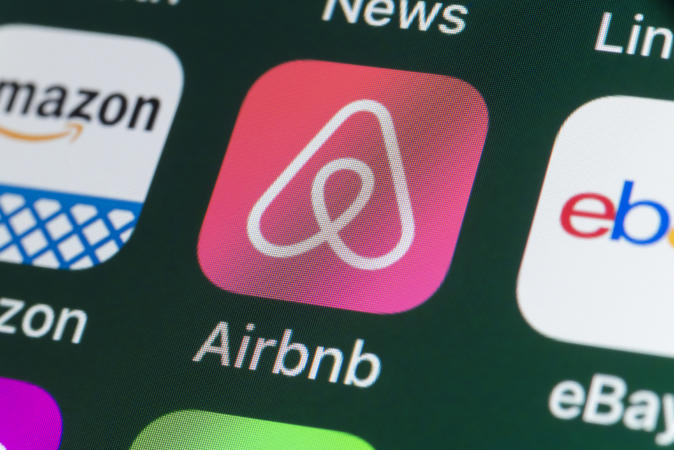Since arriving on the scene, Airbnb has become a household name. From retirees to millennials, individuals have been offering and booking their spare bedrooms, basements, and converted garages. Now, it seems as though the site’s flexibility comes with the cost of controversy that is almost inherent in most highly disruptive startups.
For Airbnb, these quarrels have ranged from its hand in perhaps an unintended consequence of increasing housing prices to skirting local rental and lodging laws. Now, contractors are now being paid to essentially dox Airbnb addresses, according to a Motherboard report, to the extent that it has become sort of a sub-industry of its own.
Airbnb offers its hosts privacy by not giving people an address until a property has been booked. By using readily available sources like Google Maps, Zillow, White Pages, and Facebook, contractors are finding and revealing the exact addresses of Airbnb listings. Then, they’re sharing that information with local governments under the guise of ensuring regulatory compliance.
In a statement to Motherboard, Airbnb said:
“At a moment when online privacy is top of mind for so many, it is concerning to see rogue, third party sites using shady tactics to unearth private user information and sell it to cities. Airbnb has partnered with cities around the world to develop and implement home sharing rules and continues to believe that governments, not third party sites, are best equipped to enforce local laws.”
Companies can find contractors by using platforms such as Amazon Mechanical Turk (MTurk), a place where companies can list all kinds of tasks for contractors to pick up.
However, it doesn’t seem that the pay is all too great, even if it’s above what’s usually found on MTurk. A current contractor working for Host Compliance — one company a part of the new business structure — told Motherboard that contractors receive $2 for a correct ID.
If contractors are unable to locate the address, then they return the listing and don’t get paid. The listing may increase in price over time until somebody finds the address or Host Compliance ultimately determines no one will be able to.
The idea of third-parties locating Airbnb addresses is unsettling, mostly because it reveals just how the smallest leak of information can lead to people discovering your personal information.
However, the concerns around possible violations of short-term rental laws aren’t springing up out of anywhere. It’s been long-noted that Airbnb has led to an increase in gentrification and rent prices across cities.
In January 2018, a report by the McGill University School of Urban Planning found that “by reducing housing supply, Airbnb increased NYC’s long-term median rent by 1.4% over the last three years.”
As people swoop in to buy homes or apartments for the sole purpose of Airbnb, they are taking housing options away from long-term residents. This issue was described as the “hotelization of residential housing” by Breonne DeDecker, program manager for Jane Place Neighborhood Sustainability Initiative.
For its part, Airbnb hasn’t always been transparent, which can rub government officials in cities the wrong way. In February, New York City subpoenaed Airbnb for data on roughly 20,000 listings.
“This goes under the category: If you got nothing to hide why are you not coming forward with the information? If Airbnb believes that all of the people it’s working with are doing things right, then why not be transparent,” Mayor Bill de Blasio said.
Clearly mistrust around Airbnb and its practices isn’t going away anytime soon.
















